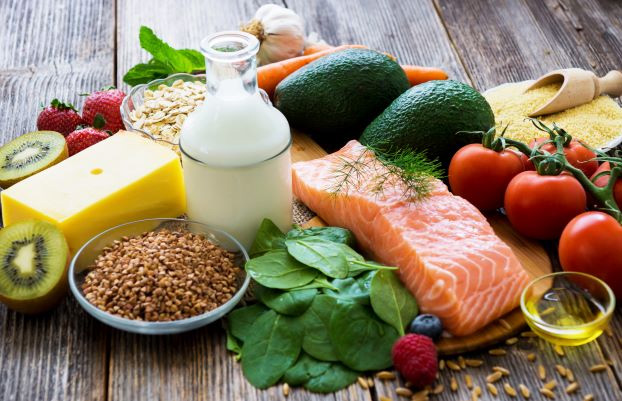
When it comes to your recuperation, the first 10 to 14 days after your treatment are the most important. You need to stay away from any items that could make the recovery process take longer. These are the following:
- Apples.
- nuts
- Potato or corn chips.
- Crusty bread such as French bread.
- Hard taco shells.
- Carrots (unless shredded into very small pieces).
- Ice cubes.
- Steaks or other forms of meat that require chewing.
You should also stay away from liquids that are acidic, sweet, or alcoholic. When you use a straw, you run the risk of developing a condition known as “dry socket.” Instead, drink from a cup. It is also in your best interest to steer clear of beverages that are either unusually hot or unusually cold because these can both create discomfort and perhaps hinder recovery.
Foods to Enjoy after Implant Surgery
In general, soft foods that are easy to digest are good choices for the first two weeks or so after surgery. Examples include:
- Scrambled eggs.
- Organic Yogurt.
- Mash potatoes
- Protein drinks with no added sugar.
- Oatmeal (either unsweetened or sweetened with products like stevia or xylitol / monk sugar or honey).
- Green drinks & fresh vegetable juicing
- Soft breads.
- Applesauce.
- Soups (avoid tomato-based recipes if possible).
As far as beverages go, chilled (not cold) water is a great choice. So is warm beef or chicken broth. Avoid fruit juices, as these tend to be high in sugar and may also be highly acidic.
Foods to Avoid or Minimize over the Long Term
Once the first period of healing has passed, one of the many benefits of dental implants is that they enable patients to return to their normal diets without restriction. However, there are several decisions that you should try to stay away from as much as possible, both for the sake of your implants and your overall health. These are the following:
- Strongly colored beverages such as tea, coffee, and red wine. These can stain your implants as well as natural teeth, especially when consumed in large quantities.
- Alcoholic beverages. You should drink these products only in moderation or simply avoid them altogether. Most forms of alcohol are relatively high in sugar or simple carbs.
- Sugary foods. There’s nothing wrong with enjoying an occasional sweet indulgence. However, traditional desserts can promote the spread of decay-causing bacteria throughout your mouth. They can also raise blood sugar, contribute to weight gain, and compromise your health in other ways.
What to Eat Instead
A diet that is nutritious will have sufficient quantities of the following: protein, unsaturated fats, complex carbohydrates, fiber, vitamins, and minerals. The following is a list of foods that are high in the respective nutrients:
- Lean cuts of grass-fed beef, free range organic chicken or turkey.
- Wild Fish like salmon, trout, sardines etc
- Vegetarian sources of organic protein like tofu and tempeh.
- Cooked beans.
- Fresh, uncooked organic vegetables.
- Whole grain bread.
- Fresh organic, unprocessed fruit.
